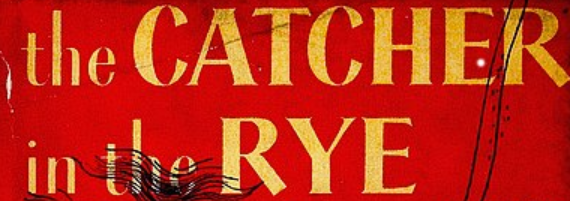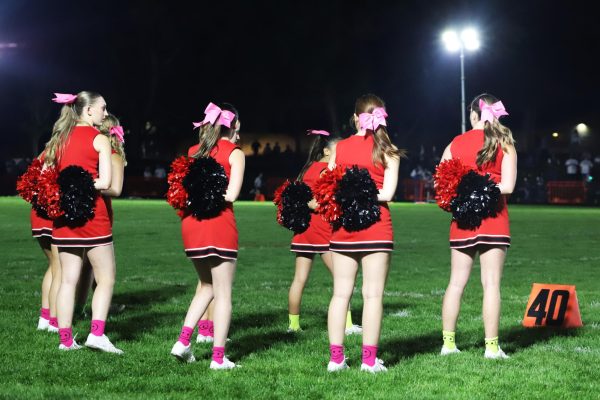Review: The Catcher in the Rye
While Holden Caulfield’s sentiments rang true during the 1950s, they don’t today.

High in the American literary canon sits The Catcher in the Rye by J.D. Salinger, a novel so famous that for most everyone at the Academy, it’s required reading in an upper-school English class. As such, I was expecting a riveting storyline with a complex subtext, something that would truly change the way I see the world. The book failed to meet those (admittedly lofty) expectations.
The Catcher in the Rye was originally published in 1951 and revolves around almost-high-school dropout Holden Caulfield at the Pencey Prep school in the fictional city of Agerstown, Pennsylvania. There, he navigates coming of age, starting off by having to deal with his two dorm-mates, Ackley and Stradlater. On the verge of being expelled, Holden runs away from the school and ends up going back to his hometown of New York City. There, he frequents bars, catches up with his old girlfriend, and reminisces about his past, among other things. The novel is said to personify Holden’s teenage angst toward the world adolescents inhabit. While we see glimpses of that sentiment relayed throughout, especially through Holden’s obsession with, and mocking of, people he dubs “phonies,” I’ve seen Taylor Swift do a better job at putting that feeling into words. Even though so much immediately relatable to any student’s life remains untouched in Swift’s songs, she still nails the teen mindset of wanting to belong, getting older, and the unpredictability of what teens may do when left by themselves.
Salinger had so much more at his disposal to emulate those emotions, especially considering Holden’s status as a student. While Holden may have personified the feelings of the teenage counterculture in the 50s, in rebelling against middle-class American life and whatever else he could find, his character doesn’t ring true in a more contemporary context. Call me back when Holden has to find a way to sit through multiple AP exams, deal with loads of homework every day, wonder when he’ll find true love, has to balance everything going on in his life while appearing on top of the world, and wonders whether everything is worth it. Instead, the most internality we get from Holden consists of him going on odd tangents about his life before he arrived at Pencey. Rarely do any of these thoughts make a difference to the story; they’re generally overshadowed by the next thing to cross Holden’s mind. While they give important context for his behavior in certain situations, the way in which they do so – sometimes through long-winded paragraphs that take up multiple pages – is problematic. This all leads to a boring reading experience, one that has no discernible story arc or recognizable structure, and a novel that simply takes readers through the motions – as Holden does so expertly throughout – by simply scratching the surface of many of the events it discusses, not wanting or trying to explore them more in-depth.
We see in Holden someone who has already given up – at an age where, at least nowadays, giving up is simply not seen as an option. We’re supposed to be able to ace all of our classes, lead multiple extracurriculars, maintain a social life effortlessly, and to get up and do it all again the next day. While we all hope we could throw caution to the wind as he does, the reality is that we can’t – and he shouldn’t be able to either. He prefers to play with his hat more than to commit himself to doing what he knows he must. Failing his classes, hanging around the seedy streets of New York City, and mingling with prostitutes are only symptoms of a much deeper problem within himself, a problem that remains unnamed as Salinger fails to truly go behind what causes it.

Uzair Hammad '24 has been a writer and editor for The Advocate for four years, finally ascending to the fabled position of editor-in-chief. In his free...












Sara • Aug 6, 2024 at 8:43 pm
Hmm. I’m afraid there’s a misunderstanding if you’ve reached the end of the book and you didn’t suddenly view the first 90% in a new light. I’m not sure if it’s suited for high school students because I know at that time I wouldn’t have understood either.
Stuart • Mar 11, 2024 at 2:38 pm
An appalling book ,utterly humourless and written in an unintelligible language by a perverted goat .
Bernie • May 18, 2025 at 5:31 am
I bet you’re patting yourself on the back for this one. Pretension, thy name is Stuart.